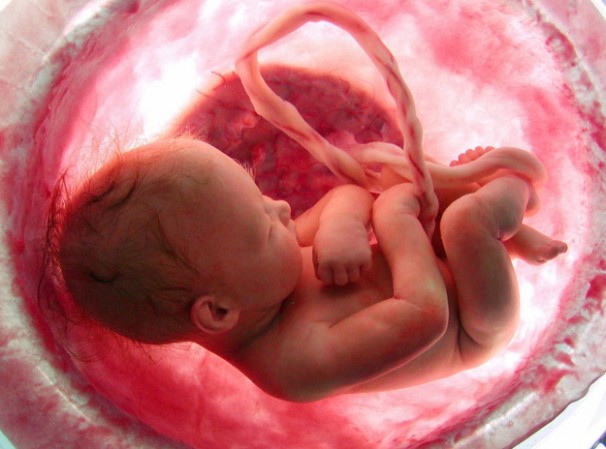Georgia leaders fought in court Friday for the right to protect unborn babies from abortion once their heartbeat is detectable.
The state legislature passed a pro-life heartbeat law in 2019, but Planned Parenthood, the American Civil Liberties Union, the Center for Reproductive Rights and other pro-abortion groups quickly sued the state. A federal judge permanently blocked the law in 2020, but the state appealed.
On Friday, lawyers with the Georgia Attorney General’s Office defended the law in front of an 11th Circuit Court of Appeals panel. They said the lower court was wrong to rule that it is constitutionally vague to declare unborn babies “natural persons,” and asked that Georgia be allowed to enforce the law and protect unborn babies from abortion, the AP reports.
The law bans abortions after an unborn baby’s heartbeat is detectable, about six weeks of pregnancy. State lawmakers expected a legal challenge when they passed it in 2019. They hope the case eventually will make its way to the U.S. Supreme Court and prompt the justices to overturn Roe v. Wade.
Click here to sign up for pro-life news alerts from LifeNews.com
At the hearing Friday, the judges and all parties in the case appeared to agree that the court should wait to make a decision until the Supreme Court rules on another abortion case out of Mississippi later this year, 11 ALIVE reports.
The Mississippi case is a direct challenge to Roe v. Wade, which prevents states like Georgia from protecting unborn babies from abortion prior to viability, about 22 weeks of pregnancy. Lower courts are bound to abide by this precedent.
The Georgia heartbeat law sparked nation-wide attention in 2019, with Hollywood celebrities like Alyssa Milano and others speaking out against it and urging companies to boycott the state.
The law supports both mothers and unborn babies by banning abortions once an unborn baby’s heartbeat is detectable, providing a child tax credit for the unborn baby and requiring child support from fathers before the baby is born.
Interestingly, on Friday, pro-abortion groups argued against the parts of the law that support pregnant mothers as well as the abortion ban. However, the 11th Circuit judges did not appear to agree with their arguments, according to 11 ALIVE.
Here’s more from the report:
The federal court held last year that the portions of the Georgia law not specifically restricting abortion were nonetheless tied to a central provision of the law that redefined a “natural person” to include unborn children – fetuses and embryos.
Elizabeth Watson, the attorney for SisterSong [a pro-abortion group] echoed that ruling and argued that because Georgia law “was meant to give legal recognition to fetuses and embryos by declaring them to be persons,” beyond what federal law provides, it was right of the district court to block it in whole.
Judge Barbara Lagoa pressed Watson on her argument, asking, “How is it unconstitutional to make a father pay for the cost of a pregnancy that they were partially responsible for?”
Watson responded, “Your honor, if that provision had been passed in isolation from the rest of this law it might be constitutional.”
Prior to the hearing, a spokeswoman for Gov. Brian Kemp told the AP that the pro-life governor “looks forward to defending the law in court because Georgia is a state that values life.”
Georgia is one of about a dozen states with a heartbeat law. Thus far, however, only Texas has been allowed to enforce its law, the reason being because of a unique provision that allows private citizens to enforce it.
On Sept. 1, the Supreme Court refused pro-abortion groups’ request to temporarily block enforcement of the Texas law. The high court sent the case back to the lower courts for consideration. Whether the law will remain in effect or ultimately be upheld as constitutional in court is uncertain, but pro-life leaders are hopeful now that the Supreme Court has a conservative majority.
Polls show Americans support heartbeat laws. An April poll by the University of Texas-Austin found that 49 percent of Texans support making abortions illegal after six weeks of pregnancy, while 41 percent oppose it. A 2019 Hill-HarrisX survey found that 55 percent of voters said they do not think laws banning abortions after six weeks – when an unborn baby’s heartbeat is detectable – are too restrictive.








